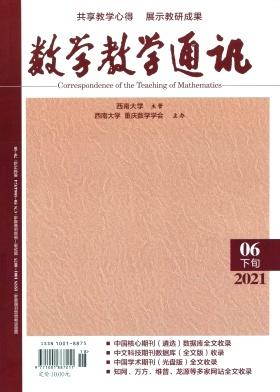“Dyslexia is naturally commutative”: Insider accounts of dyslexia from research mathematicians
引用次数: 0
Abstract
Using neurodiversity as our theoretical framework, rather than a deficit or medical model, we analyze the narratives of five dyslexic research mathematicians to find common strengths and challenges for dyslexic thinkers at the highest level of mathematics. We report on 3 themes: 1) highly visual and intuitive ways of mathematical thinking, 2) pronounced issues with memorization of mathematical facts and procedures, and 3) resilience as a strength of dyslexia that matters in mathematics. We introduce the idea of Neurodiversity for Mathematics, a research agenda to better understand the strengths (as well as challenges) of neurodiverse individuals and to use that knowledge to design better mathematical learning experiences for all.“阅读障碍是自然交换的”:研究数学家对阅读障碍的内部描述
使用神经多样性作为我们的理论框架,而不是缺陷或医学模型,我们分析了五位失读症研究数学家的叙述,以发现失读症思考者在最高数学水平上的共同优势和挑战。我们报告了3个主题:1)高度可视化和直观的数学思维方式,2)数学事实和过程记忆的明显问题,以及3)在数学中作为阅读障碍的一种力量的弹性。我们介绍了数学神经多样性的概念,这是一个研究议程,旨在更好地了解神经多样性个体的优势(以及挑战),并利用这些知识为所有人设计更好的数学学习体验。
本文章由计算机程序翻译,如有差异,请以英文原文为准。
求助全文
约1分钟内获得全文
求助全文

 求助内容:
求助内容: 应助结果提醒方式:
应助结果提醒方式:


